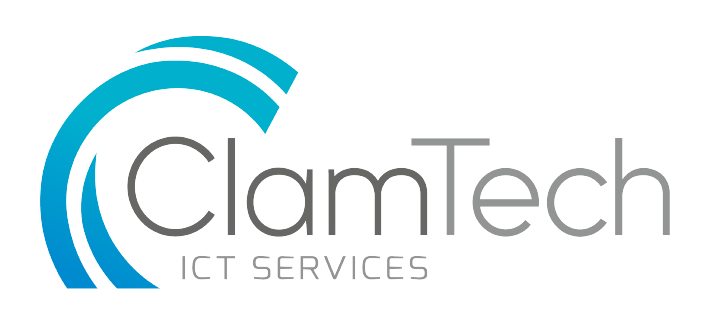The role of IT in the modern organisation
Over the past few decades, IT’s ability to facilitate organisations’ various business processes has increased drastically. It has gone from basic office tasks, such as storing files, to inventory management systems or Enterprise Resource Planning (ERP). Every organisation must make sure to implement IT in a way that maximises its benefit, depending on the organisation’s unique requirements and processes. From multi-national corporations who maintain mainframe systems and databases to small businesses that own a single computer, IT always plays a role.
IT’s impact on the following areas:
Communications – IT plays a vital role in enabling efficient communication between employees, suppliers, customers and business partners. Most organisations use email as their primary means of communication. One of the early drivers of the internet; it is a simple and inexpensive tool. However, recently other forms of communication have emerged. These include: video conferencing, Voice Over Internet Protocol (VOIP), live chat services like SKYPE and smartphones. All these communication tools make it much easier and faster to transfer information within the organisation, as well as externally.
Data Management – The introduction of IT in the business world reinvented how organisations store their data. The days of having large file rooms filled with filing cabinets and having to mail documents are long gone. Today, companies store digital documents on servers and use databases to store and manage their data. Employees can send and retrieve data from the centralized system, which saves time and improves decision making.
Management Information Systems (MIS) – Storing data is only beneficial if it can be used effectively. Nowadays, most organisations use data for their strategic planning process. MIS is used to track sales data, expenses and profitability. This data is then used to analyse and compare revenue and profitability over time, return on investment and then set future targets or areas of improvement. Through this system, data must be accessible at any given time. MIS reports, therefore, summarise a large amount of data, which enables quick decision making.
Customer Relationship Management (CRM) – This is a system that records interactions with current and potential customers, in order to promote long-term customer relationships. In recent years, IT has played a vital role in how companies create and manage profitable customer relationships. A CRM system stores every customer interaction. Thus, when a customer has an issue, a customer support representative has access to the customer’s previous purchases, shipping information and all the details that allow the issue to be dealt with. Each interaction would then be stored on the CRM system and can be recalled if the customer contacts the company again.
As the world becomes smarter, progressive companies are now focusing on innovation that improves customer experiences and drives business growth. Modern organisations must be proactive in their approach to technology and embrace the changes brought about by IT. Innovation goes beyond creating new products, it is an integral part of every business process and makes organisation more efficient and efficacious. Shifting from the old model of IT as a separate business function to this new model results in a thriving enterprise.
